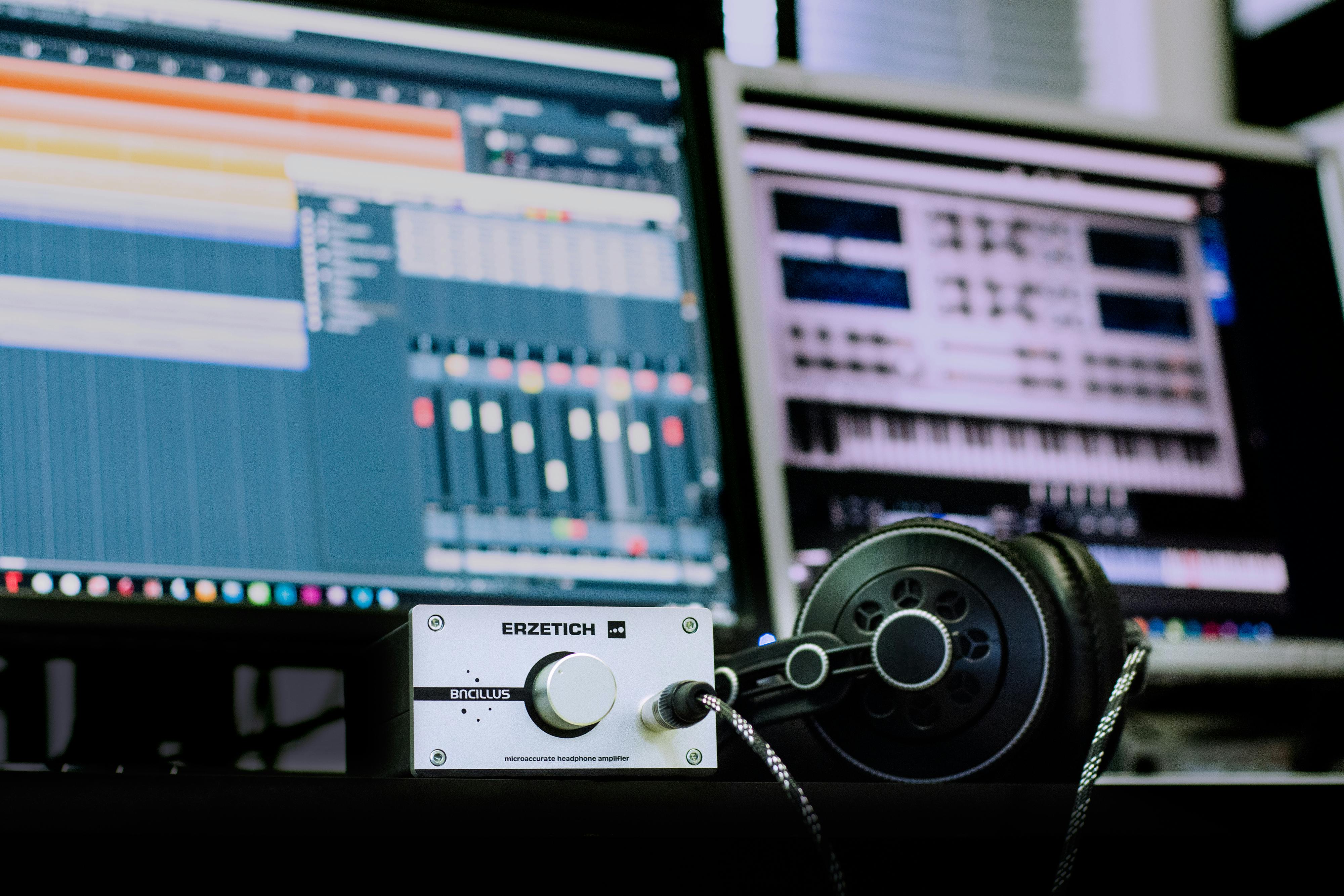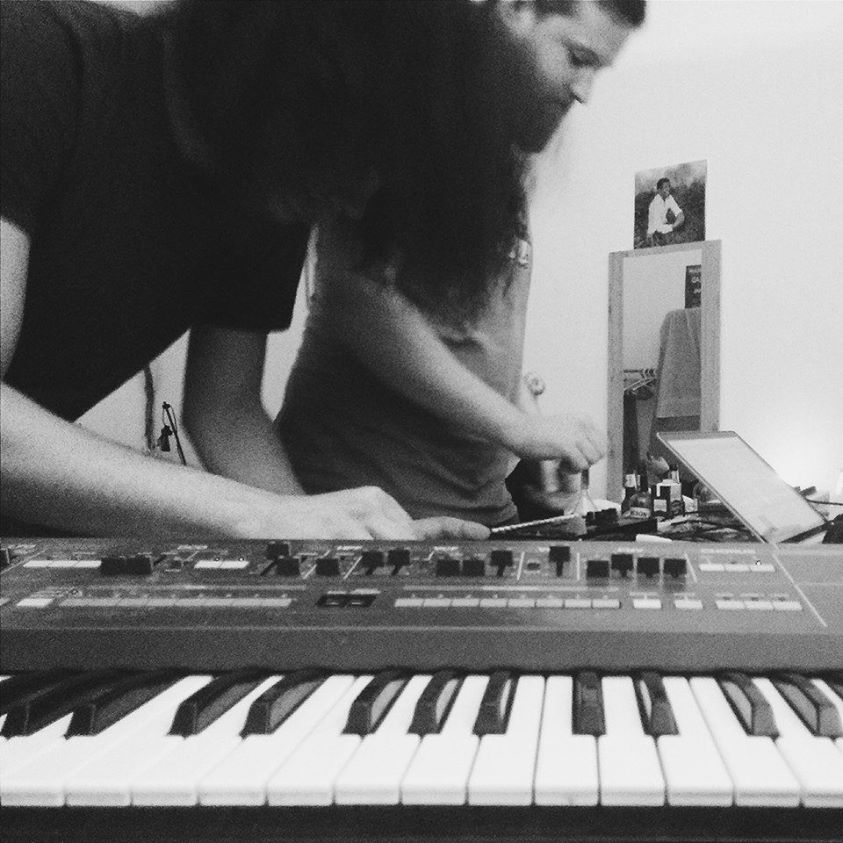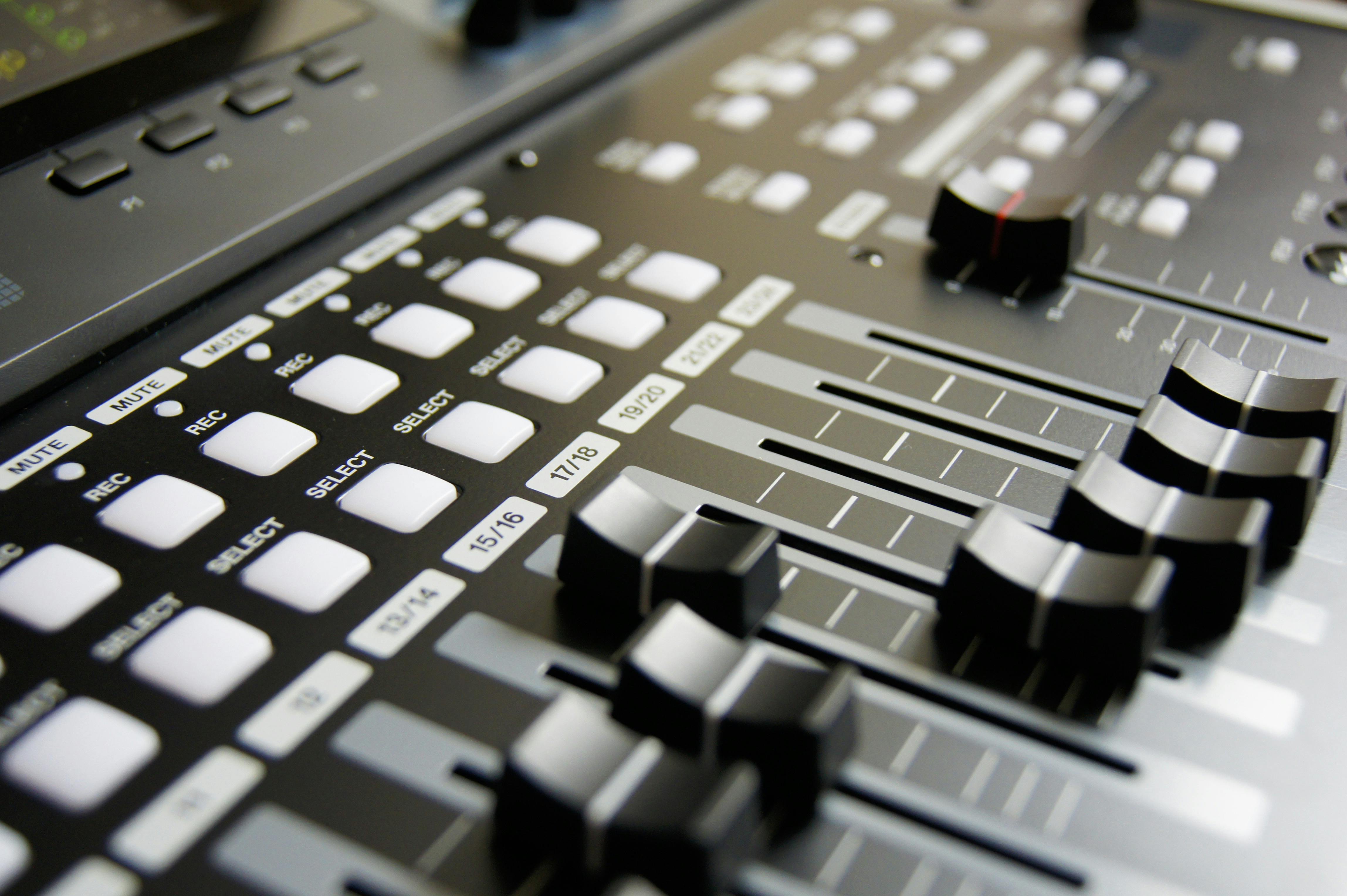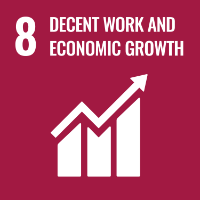
Elevating creative and economic productivity with AI-powered music platforms
Elevating creative and economic productivity with AI-powered music platforms
At a glance
- Making music is increasingly complex and comes with issues including writer's block, accuracy and speed of royalty payments, and music processing.
- Queen Mary's Centre for Digital Music is starting four new collaborative project to tackle common issues facing musicians in innovative ways, using Al.
- Al offers an innovative approach to automate some of these processes, helping artists to write lyrics and receive, accurate royalty payments.
- The Centre for Digital Music has grown into a world-leading, multidisciplinary research group, responsible for numerous spinout companies and business partnerships with companies large and small, tackling a range of challenges in the music world.
Transforming music creation
Music creation is an intensive process, with many obstacles along the way. These include delays in payments, due to the process being manually intensive, navigating the path from an unmixed track to a professional finish, how to separate instruments from an audio mixture and writer’s block.
Queen Mary’s Centre for Digital Music, in collaboration with Stage and Session, AudioStrip, RoEx, and Session Studio, launched a series of research projects in 2024 to develop AI and blockchain-powered platforms.
This case study highlights the ways AI can be used to drive the music industry to the next level, helping artists get the most out of their creative process and be paid quickly and fairly.

Research
AudioStrip will develop advanced machine-learning algorithms that can automatically detect musical instruments for high-quality audio source separation.
RoEx is a Queen Mary spinout democratising music production through AI-powered mixing. In essence, doing for music what Instagram achieved for photography.
The partnership with Session integrates cutting edge language modelling functionality, trained on lyrics, literature, and poetry, to build an AI collaborator helping artists write lyrics.
Stage designs, builds and operates cloud-native data platforms, ensuring music creators and other rights-holders receive credits and royalties quickly, accurately and transparently.

Faster, error-free payments for artists
AI will help drive a significant improvement in the accuracy and speed of royalty payments for artists. By integrating blockchain technology, the AI-driven platform can track royalties in real-time, minimising delays and payment errors. This outcome ensures that artists receive fair compensation promptly, addressing a major issue in the music industry. The platform's efficiency also helps to eliminate disputes over earnings, providing artists with greater financial stability and transparency.
Key takeaways
-
Queen Mary’s collaboration with industry highlights the potential of technology in creating fairer and more creative systems for artists. Through innovative digital platforms, the project is set to reshape the future of music creation.
Sustainable Development Goals
 This research aligns with SDG 8, Decent Work and Economic Growth, by promoting fair compensation for artists through AI-driven royalty management systems and providing tools for increased creativity. Queen Mary's project ensures transparency in payments, supporting decent work opportunities in the creative industries. It fosters economic and creative productivity by protecting artists' income and driving equitable growth in the global music sector, and providing innovative solutions to issues such as writer’s block.
This research aligns with SDG 8, Decent Work and Economic Growth, by promoting fair compensation for artists through AI-driven royalty management systems and providing tools for increased creativity. Queen Mary's project ensures transparency in payments, supporting decent work opportunities in the creative industries. It fosters economic and creative productivity by protecting artists' income and driving equitable growth in the global music sector, and providing innovative solutions to issues such as writer’s block.
